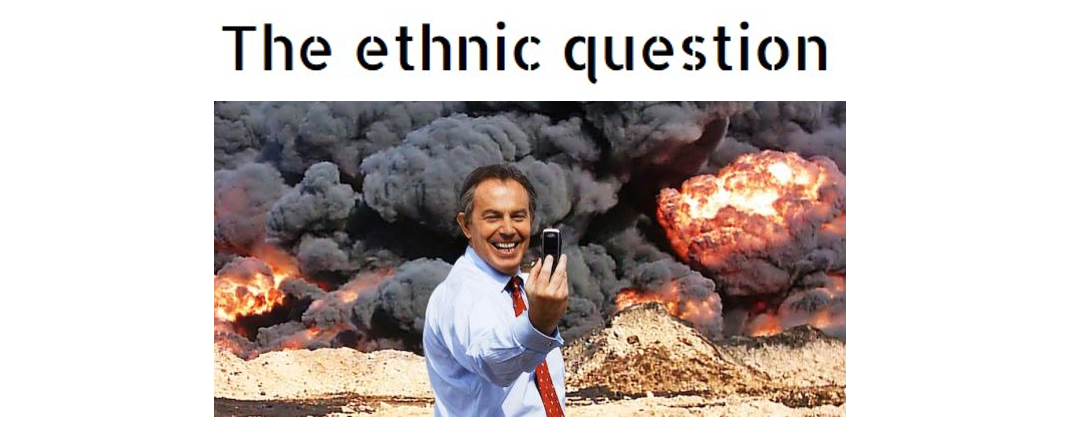In what appears to be a climate of increasing religious extremism and transnational crime, there is a renewed interest in understanding the importance of cultural sensitivity in international affairs. Not only is there interest among politicians and law-makers, but also within government organisations, businesses, pedagogical institutions and the general community.
An understanding of cultural and social nuance plays a critical role in maintaining regional stability; especially so if factors such as civil unrest, human rights violations, and ethnic conflict exist. While this sentiment makes sense, it appears there is nonetheless a divide between the way conflict is perceived by commentators from the country in which it takes place, compared to the perception of external commentators. This is clear in the case of Indonesia, where ethnic conflict throughout the archipelago is understood differently by Indonesian commentators than to Western conflict scholars and international relations theorists external to Indonesia. Politicians, Defence Ministers and strategic thinkers may perhaps wonder if tying Indonesia into an 'arc of instability' isn't the best approach to conflict resolution in the region, after all?
Instead, understanding the way Indonesian commentators view ethnic conflict in their own country provides a deeper and more culturally nuanced understanding of conflict situations in Indonesia. This will better inform non-Indonesian commentators on how to frame approaches thereto.
From a preliminary reading of Indonesian language commentary (that ordinarily wouldn't/couldn't be included in the dominant narrative for various reasons), it seems that an Indonesian point of view sees ethnicity, in many instances, as a superficial cause of 'ethnic' conflict. In fact, there are a number of other catalysts that play a much larger and more significant role as catalysts to ethnic conflict than ethnicity does. Political and economic issues - problems of representation - where the fiscal or legal rights of groups of people are transgressed, appear to be the main causes of ethnic conflict manifest throughout Indonesian commentary.
What does this mean - for the conversation on today's climate of religious extremism and transnational crime? For understanding and preempting terrorist organisations such as ISIS and how/why they take root in countries such as Indonesia? For creating a practical approach to meaningful dialogue with our neighbour?
These questions require us to understand our neighbour; a place where the West meets the East.
